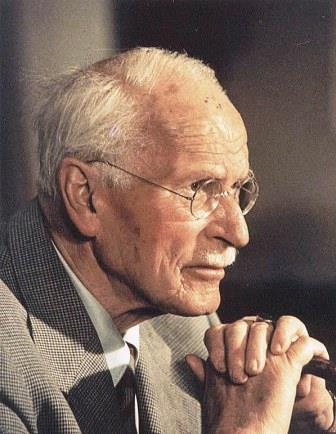More Search Results...

Carl Jung established analytical psychology. He advanced the idea of introvert and extrovert personalities and the power of the unconscious. Carl Jung was born on July 26, 1875, in Kesswil, Switzerland. Jung believed in the “complex,” or emotionally charged associations. He collaborated with Sigmund Freud, but disagreed with him about the sexual basis of neuroses. Jung founded analytical psychology, advancing the idea of introvert and extrovert personalities, archetypes and the power of the unconscious. Jung published numerous works during his lifetime, and his ideas have had reverberations traveling beyond the field of psychiatry, extending into art, literature and religion as well. He died in 1961. Early Life: Swiss psychiatrist Carl Gustav Jung was born July 26, 1875, in Kesswil, Switzerland. The only son of a Protestant clergyman, Jung was a quiet, observant child who packed a certain loneliness in his single-child status. However, perhaps as a result of that isolation, he spent hours observing the roles of the adults around him, something that no doubt shaped his later career and work. Jung’s childhood was further influenced by the complexities of his parents. His father, Paul, developed a failing belief in the power of religion as he grew older. Jung’s mother, Emilie, was haunted by mental illness and, when her boy was just three, left the family to live temporarily in a psychiatric hospital.
Collected Papers on Analytical Psychology
This book contains a selection of articles and pamphlets on analytical psychology written at intervals during the past fourteen years. These years have seen the development of a new discipline, and as is usual in such a case, have involved many changes of view-point, of concept, and of formulation.
It is not my intention to give a presentation of the fundamental concepts of analytical psychology in this book; it throws some light, however, on a certain line of development which is especially characteristic of the Zürich School of psychoanalysis.
More info →































